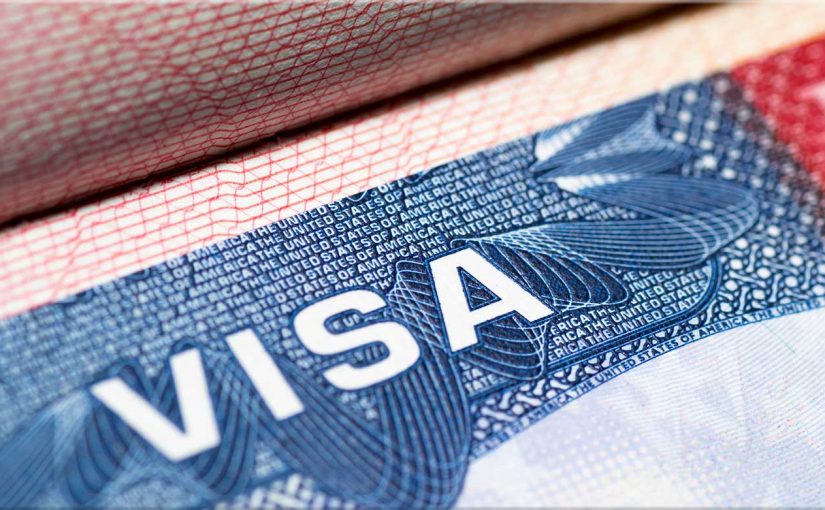
Interviewer: Can someone apply if they have a pending criminal trial?
Jeanne Morales: If someone came to us and they were otherwise qualified but they have a criminal matter that has not yet been resolved, we would probably want to help them resolve it beforehand. That’s always going to be a source of holding up the package from the immigration standpoint.
Now, if it is a minor misdemeanor that doesn’t take that long to resolve those, you can work a plea bargain with the prosecutor, have some kind of pretrial diversion, or maybe even perhaps you have enough information that convinces the prosecutor to drop the case. If we’re talking about minor misdemeanors, those types of criminal actions don’t go on for years and years. Prosecutors will get them cleaned up and either dismiss them or make a deal or do some kind of defer adjudication or pre-trial diversion, but they don’t surround the books that long, so I can’t say that that would be that much of an issue.
If someone comes to us and they’re otherwise qualified but they have something that’s pending we always try to work with to try and get it cleared up before we send in the package. Something that if you got convicted of it that would knock you outside the range of applying for DACA then there’s no point in sending in that paperwork until that’s resolved, because the immigration is not going to issue you any credentials until they know for sure that you’re not convicted of a disqualifying crime.
Individuals with DACA Status Risk Deportation if Convicted of a Crime
Interviewer: If they get approved for deferred action or DACA and shortly after doing the process they get convicted of a crime, are they running the risk of getting deported?
Jeanne Morales: Yes. Oftentimes when somebody gets arrested in most jurisdictions, not all, but a good number of jurisdictions, as part of taking someone into custody, whether it’s a sheriff office or a police department, they’re going to make inquiries about the person’s status. If they can confirm that the person is in the country legally (and they won’t spend a whole lot of time on it, because that’s not their job) they’ll pick up the phone and call, ICE, Immigrations and Customs Enforcement.
ICE will come in and do an investigation and say, “Yes, this person is here legally,” or “No, they’re not.” If the person sitting in jail has been picked up and has a DACA status, ICE is going to start looking into why this person has that status because they’ve just been arrested for a disqualifying crime. Now, whether or not they would pull it before the conviction it might be an issue, but definitely if someone has DACA status and they’ve been arrested before they agree with their criminal attorney to plead guilty to something, they need to check with an immigration attorney to make sure that they’re not basically be going to be giving up their DACA status.
Appeal Process not Available for Applicants Denied DACA Status
Interviewer: If their application for DACA is denied, can they follow an appeal?
Jeanne Morales: No. Again, it’s not a law. It’s just a presidential decree. So the normal avenues of recourse that we would have just don’t exist. We haven’t had any get denied, but if we did have one get denied because they didn’t believe the person was still in school or something we can always just get more proof that the person finished school and re-file.

